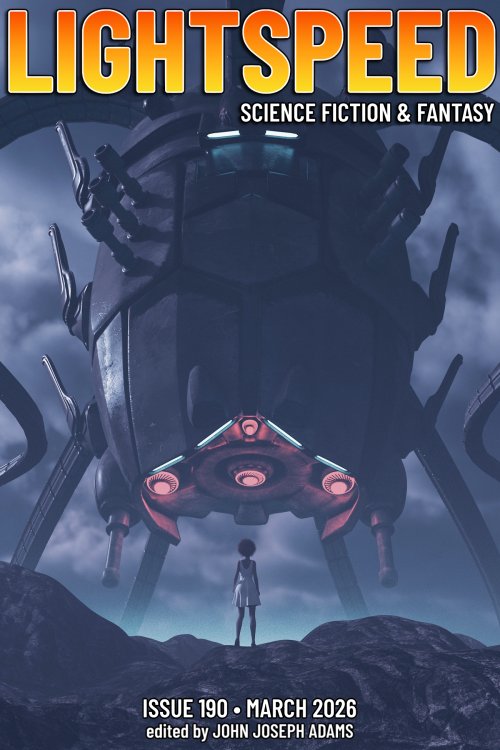Author Spotlight
Author Spotlight: Dominica Phetteplace
I was also thinking about the aesthetics of sadism and immigration. Our president says he wants to build a “big, beautiful wall” at our border with Mexico because he thinks he will always be on the right side of it. But what will happen to human beings if artificial superintelligence decides to continue the USian project of colonization and displacement? If humanity lasts long enough, then an ASI will eventually emerge, one trained on observations made from human behavior.









